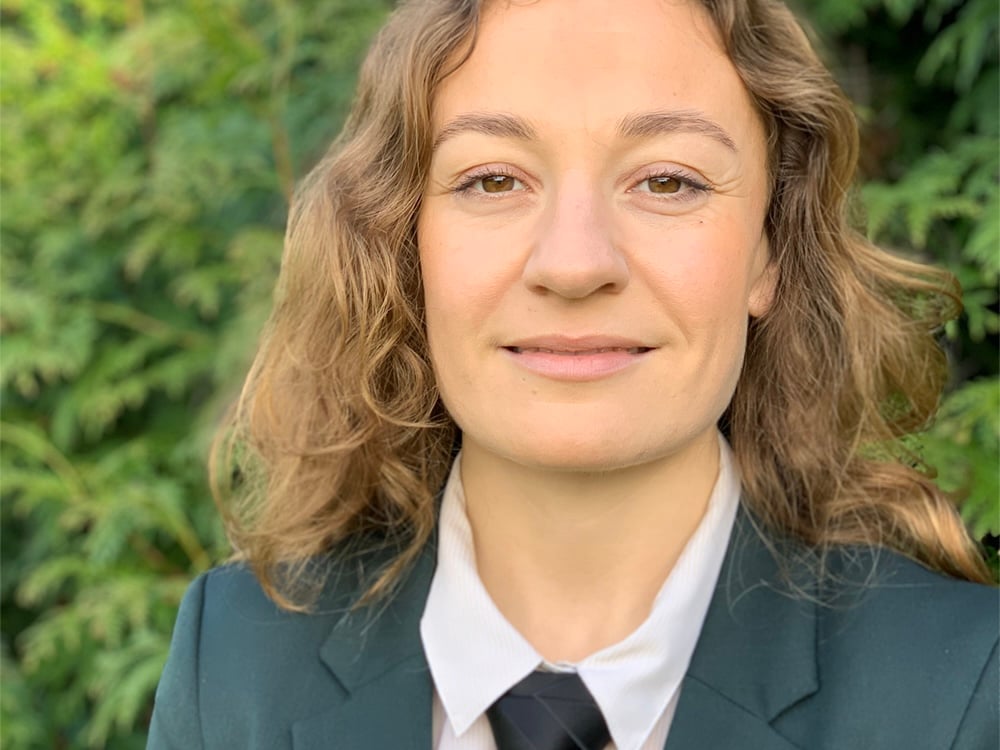This is an issue that I struggle to grapple with and feels paradoxical to me. Not that I don’t believe in land acknowledgements personally, but more around the concept of free expression, compelled expression and repressed expression in general.
This article has helped with my understanding slightly: the idea that saying something vs. not saying something are both political stances; neither are neutral.
The aim of the petition is to repress expression condemning genocide, acknowledging colonialism and the original owners of lands, and not require the affirmation of diversity, equity, inclusion. This is bad obviously, it does not bring about free expression or have anything to do with neutrality. It’s bigoted and fascist.
Yet, individually I haven’t figured out the issues around some of this.
- Yes, the university can and should select for faculty that affirm diversity, equity, inclusion as a requirement, and it is consistent with a non-sectorial, apolitical university atmosphere for faculty and students. If you don’t affirm you can choose to work at MapleMAGA U instead. You can express that you’d rather be inequitable and non-diverse after that, to a level it doesn’t discriminate or interfere with students and peers, but in your job capacity it is a reasonable requirement.
- No, faculty and students should not be prohibited from making statements about Israel or Palestine. You can’t seriously be doing that in the name of free expression, that’s ridiculous. Free expression would be allowing for radical Zionist or Hamas-sympathizing views and everything between, as long as it doesn’t cross into hate speech or personal threats it seems reasonable.
- The land acknowledgement one is tricky to me. Requiring a speech specifically mentioning who owned the land before in every presentation or report, seems like compelled expression and non-free to me. It definitely should not be banned (so more than half that section of the petition is moot to me), and should be encouraged all the time, but a faculty member should be permitted not to make such a declaration, or permitted to weave it into a format of their choosing. I’ve seen such acknowledgements done in the form of a personal story instead of a dry listing of the original owners of an area. So yeah, this part is still complicated to me. Politicians twisting themselves to ensure they mention how much they love Israel seems as much as ingenuine to me as those forcing themselves to make a land acknowledgement, for example.
- Just in general, seeing people get up in arms about “they said this”, “they didn’t say this today” as if it should make or break their entire legacy, in our discourse is not healthy, it’s polarizing, leaves no room for actually constructive discussion. Yes, we absolutely should swiftly condemn bigoted, intolerant, ignorant, harmful views (including those I still hold). But we can leave a bit of wiggle room for apologies, learned lessons, differences in opinions, changed minds, patience.
This is so loaded with cognitive dissonance its amazing that the author can juggle all these conflicting thoughts in their head.



